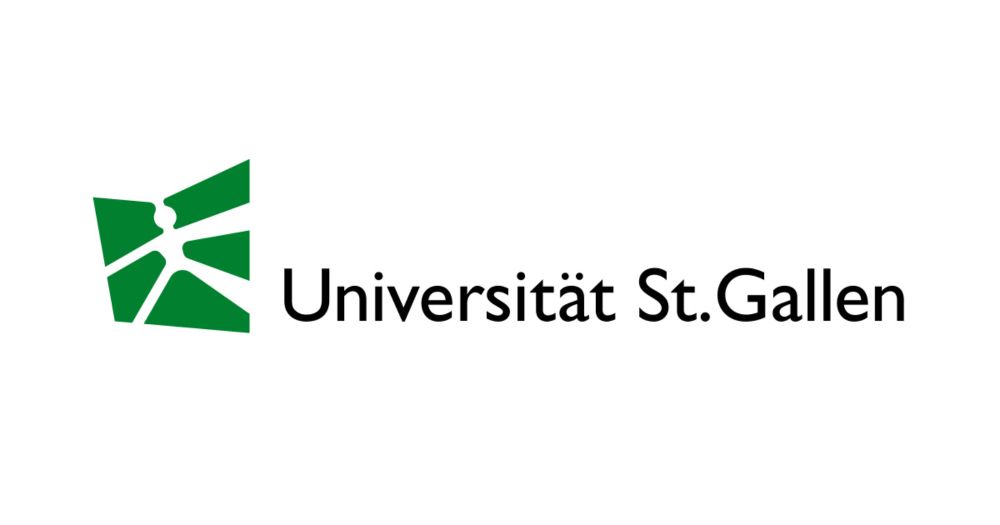Feel free to reach out with questions!

Feel free to reach out with questions!
Paper: pnas.org/doi/10.1073/pnas.2425439122
w/ Jonas Goergen & Anne-Kathrin Klesse
@unisg.ch

Paper: pnas.org/doi/10.1073/pnas.2425439122
w/ Jonas Goergen & Anne-Kathrin Klesse
@unisg.ch
#smartproducts #artificialintelligence #newtechnology
@unisg.ch
#smartproducts #artificialintelligence #newtechnology
@unisg.ch

